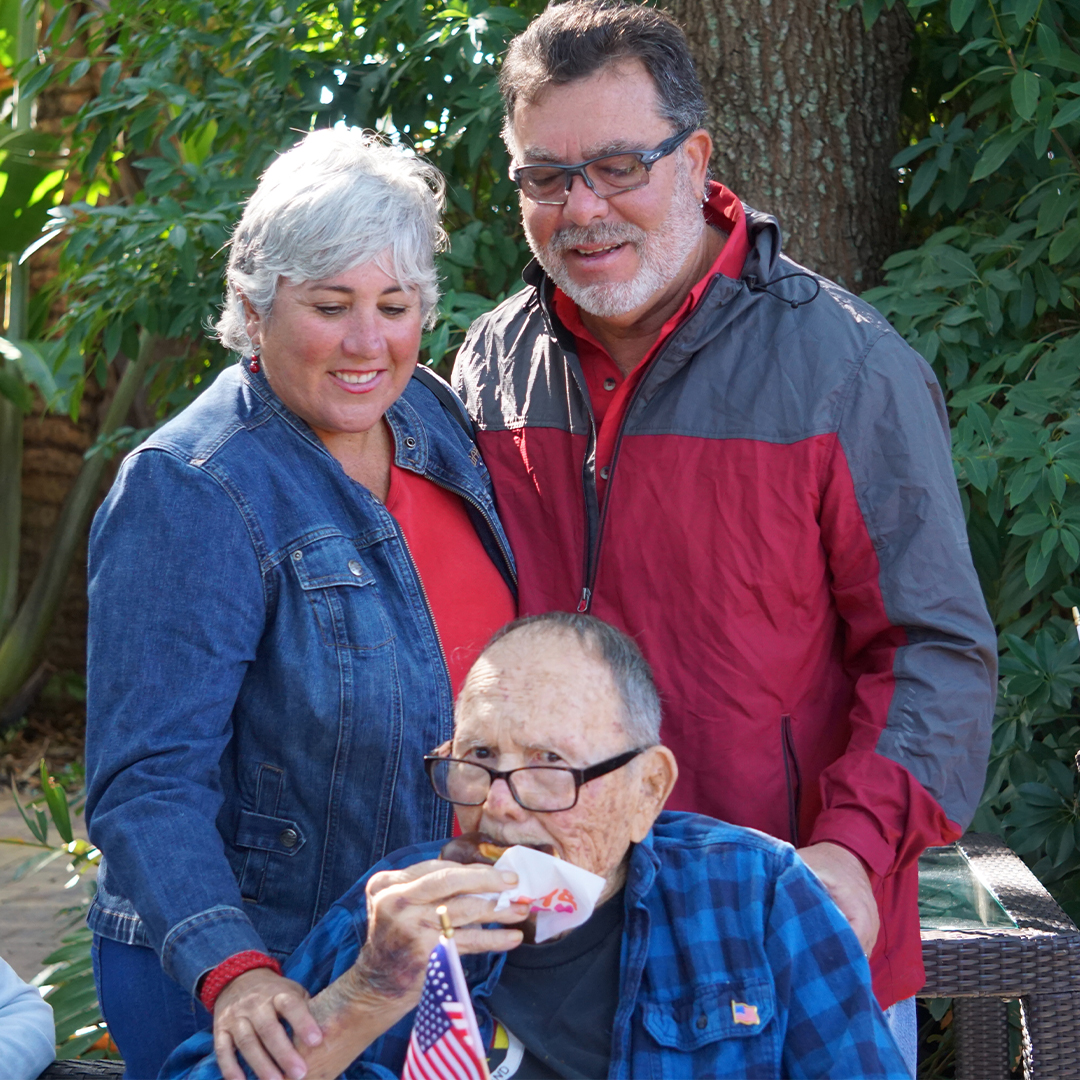As your loved ones age, sometimes their need for assistance becomes obvious. However, it is more common that their cognitive and physical abilities change gradually, meaning that their family may need help deciding when shifting to caregiving may be appropriate. Caregiving may refer to at-home care, moving them into your home, or transitioning to assisted living or memory care – but all require an emotional decision. Ideally, a family member or caregiver can pick up on early clues before the impact on daily life is significant.
Experts suggest families assess the following areas to determine the need for additional care.
Mobility: The CDC estimates that each year, more than 25% of older adults will experience a serious fall. To ensure your elderly loved one isn’t one of them, assess their living space for potential hazards such as stairways without railings or unsecured throw rugs. Pay close attention to how well your loved one is moving around. You can evaluate their mobility with a simple test. Position a chair facing you about 10 feet away. Ask your senior to stand up from the chair, walk towards you, then return and sit down again. Those who take more than 12 seconds to complete the task successfully are considered at elevated risk of falling. While they walk, notice their gait and the movement of their feet. If they are shuffling, moving very slowly and deliberately, or taking more than two or three steps to turn around, they may be losing agility and balance.
Mental Health: Depression can be challenging to recognize in older adults. It is perfectly normal for a senior to feel sad occasionally, as we all do. But these moods should be passing and not pervasive. It is vital to understand that depression also may not manifest as sadness – it could look more like irritability or anger, a loss of interest in life, sleeping issues, or a change in eating habits. An obsession with death or thoughts of suicide clearly indicates depression. Dementia often manifests similar symptoms, so it may be necessary to obtain a professional evaluation to see what is causing the changes in mood and demeanor. Sometimes a new medication can help, as can more involvement of family and friends. If the situation persists, however, your loved one may need more supervision.
Ability to Drive: By 2030, America’s population will include more than 70 million people age 65 and older – and 85 percent of those will still maintain a driver’s license. According to AAA, senior adults are outliving their capacity to drive safely by an average of seven to 10 years, meaning many seniors behind the wheel should no longer be. If your loved one has been hitting curbs, been involved in fender benders, or has had more than one accident recently, it may be time to have them give up their keys. Without the ability to drive, seniors can become reclusive and lose interest in social engagements. They may also miss doctor’s appointments- so the loss of driving privilege typically points to the need for more frequent caregiving support.
Change in Habits: If your loved one is withdrawing from friends and family, losing weight, or refusing to take care of their home, you may need to investigate the causes and determine if caregiving is necessary. This is especially true if hygiene is also visibly declining. A messy house, never changing clothes, or forgetting to take medication can indicate that finding a permanent caregiver (in-home or a facility) may be appropriate.
Overall, you know your senior family member better than anyone. Typically your gut feeling is correct – if you suspect help is needed, it probably is. If it is time to look into assisted living or memory care, our staff at A Banyan Residence can help you to evaluate your loved one to determine the best course of action for their well-being.
A Banyan Residence is an assisted living and memory care center located in Venice, Florida.

